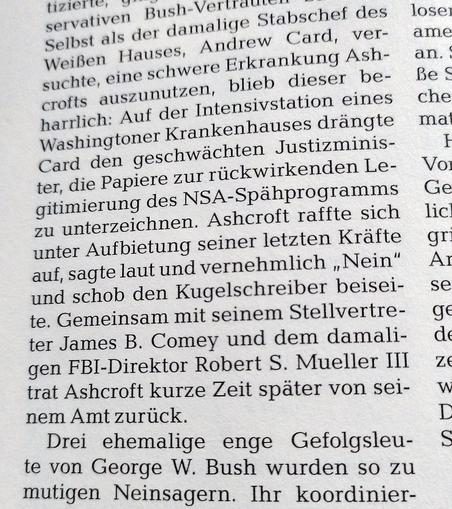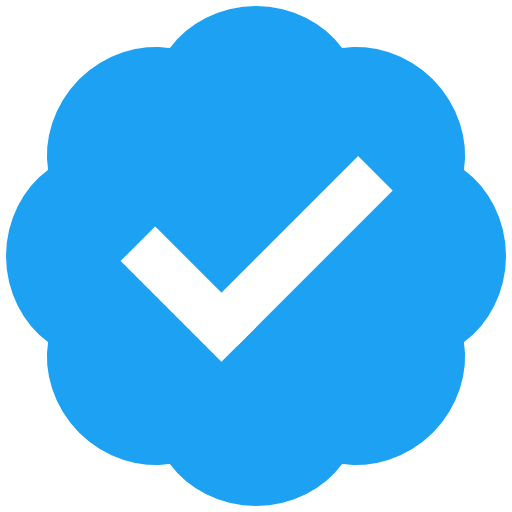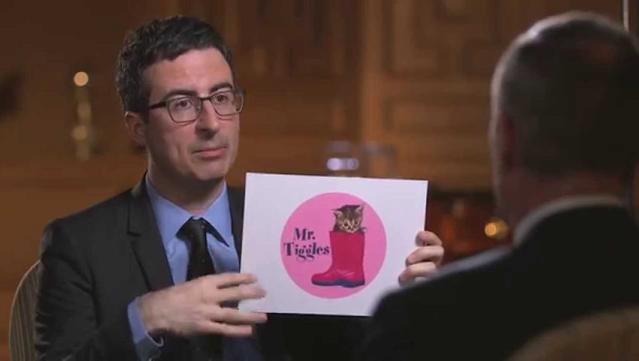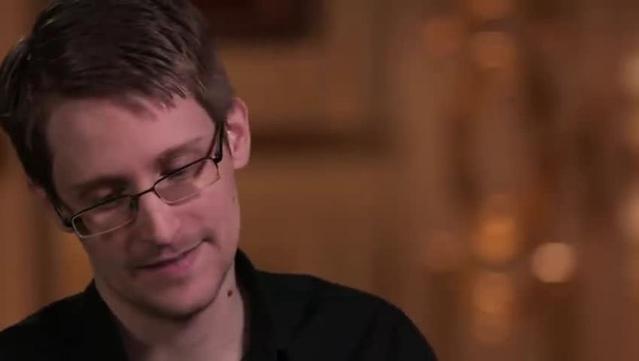How We Volunteered for Digital Slavery
Once upon a time, software was free — not in the “free trial” sense, but actually free.
It lived in the halls of universities, passed between curious minds on floppy disks, shared in the spirit of collaboration and discovery. Hardware was the business; software was the art.
Then came a young man named Bill Gates. Fueled by BASIC and caffeine, he learned to code thanks to that culture of openness — and then, he turned freedom into monopoly. Gates dropped out of Harvard, founded Microsoft, and declared that software would no longer be shared; it would be sold. The age of commercial code had begun.
Microsoft’s first weapon was MS-DOS, a text-based operating system that quietly took over the newborn PC world through IBM’s early machines. Then came Windows, the glossy illusion — a friendly graphical interface that promised empowerment while locking users into Microsoft’s walled garden.
Like a corporate version of The Godfather, Microsoft “made offers” competitors couldn’t refuse. DR-DOS? Made intentionally incompatible. Linux? Targeted in internal memos. Internet Explorer? Forced onto every desktop “for your convenience.” The result: a near-total monopoly achieved not by innovation alone, but by control, coercion, and corporate muscle.
Fast forward to today. Microsoft’s empire no longer needs to hide its power — it runs your computer, your documents, your identity. Telemetry, the friendly name for mass surveillance, quietly records how you use your device. With Windows 11, you can’t even log in without a Microsoft account — the digital equivalent of Big Brother’s stamp of approval. Imagine Orwell’s 1984 rewritten for the 21st century: Winston Smith doesn’t fear the telescreen anymore. He bought it, installed it, and clicked “I agree.” Even students are being tracked through Microsoft Office. Their learning curves analyzed. Their data stored. Their digital lives quantified — all under the illusion of “productivity.”
Steve Ballmer once called Linux “a cancer.” But history, ever fond of irony, flipped the metaphor: Microsoft became the cancer instead — feeding on the open-source world it once despised. Today, Windows happily integrates Linux as a feature, commodifying the very freedom it tried to destroy. Microsoft didn’t defeat open source; it absorbed it. Like the Borg. Like the Matrix. Like capitalism always does.
Meanwhile, the cost of this corporate control extends far beyond money. Windows 11’s unnecessary hardware requirements have already forced millions of functional computers into landfills — a quiet environmental catastrophe disguised as an “upgrade.” The planet pays for your shiny new taskbar.
The illusion of control doesn’t stop at your desktop. As Edward Snowden revealed, Microsoft has shared user data with the NSA — turning your operating system into a global surveillance node. When the International Criminal Court made decisions the U.S. didn’t like, its staff found their Microsoft email access revoked. That’s not science fiction. That’s administrative reality. And it could happen to anyone. We once feared governments might use technology to control us. Instead, we let corporations do it — and we pay a monthly subscription for the privilege.
But not all hope is lost. There’s still the red pill — Linux. It’s not perfect, but it’s free, open, and community-driven. No forced logins, no corporate backdoors, no hidden surveillance. Just software built by people, for people. Switching to Linux isn’t rebellion for rebellion’s sake. It’s a vote — for transparency, for sustainability, for democracy. The blue screen of illusion can still be escaped.
#essay #history #software #digital #slavery #freedom #linux #microsoft #endof10 #windows #win10 #windows10 #surveillance #tracking #nsa #snowden #dystopia #economy #business #capitalism #foss #floss #opensource #gnu #backdoor #politics #humanity #future #humanrights #privacy #matrix #system #environment #climate #earth #bigbrother #bigtech #bigdata #BillGats #Gates






